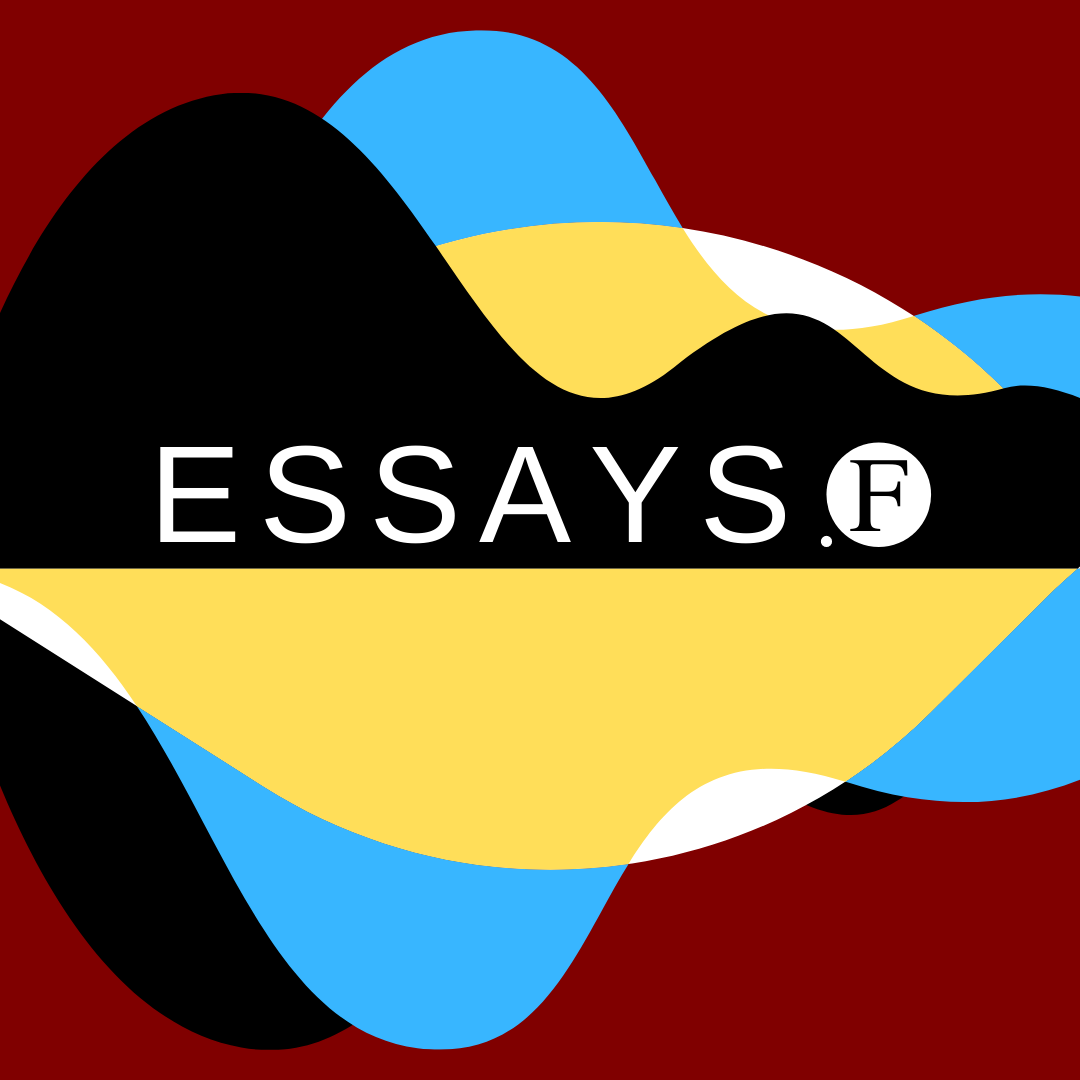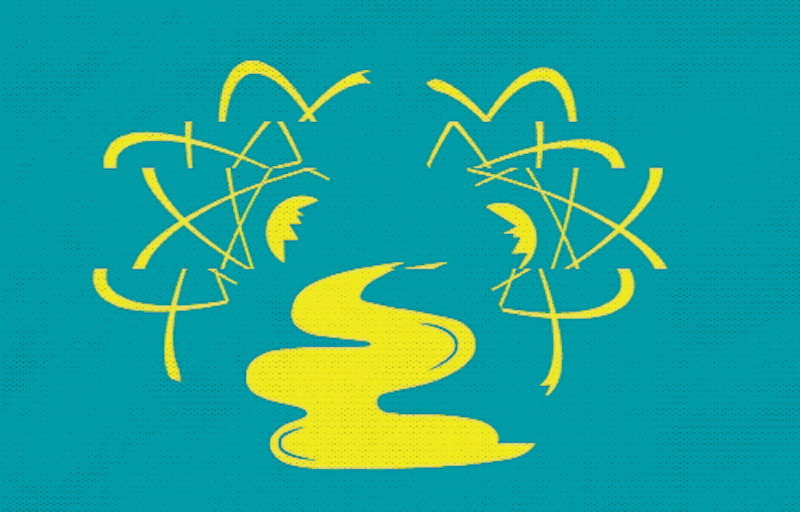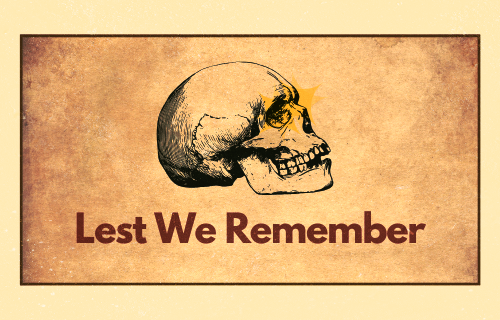Beyond Protest
Tommy Lynch on Lacan’s Four Discourses and the Problem of Protest
Protest plays a key role in politics. Groups protest in order to change the social order, whether the goal is legal recognition of rights or political and economic reform. What does protest accomplish though? On the one hand, the last century has seen dramatic changes in the legal rights of women, racial minorities, and LGBTQ people. On the other hand, those advancements leave certain norms in place: the nuclear family, racial and gender hierarchies, and capitalism. These norms are the often implicit and unconscious rules, habits, and ideas that structure our experience of the world. They tell us what we should do. The work of Jacques Lacan can help us think about the relationship between these norms, protest, and the dynamics of change.
Lacan was a 20th century French psychoanalyst. He saw his psychoanalytic method as a return to Freud, whose insights Lacan thought were being diluted and diminished in the psychoanalytic theories of his contemporaries. Though he presented his work as a return to Freud, it was a return through linguistics, anthropology, and philosophy. The result is a dynamic, complex vision of the nature of subjectivity—the way that we conceive of our identity in relation to the self, others, and society as a whole.
While he published relatively little, from the 1950s onward he held a series of seminars in Paris. Transcripts of some of those seminars have been compiled and published (a number have also been translated into English). These seminars discuss Lacan’s approach to Freudian psychoanalysis and a whole range of issues including religion, politics, and philosophy. They are notoriously dense, jumping from one idea to another, often leaving the contemporary reader at a loss. Noam Chomsky even goes so far as to characterize Lacan as a charlatan.
Despite these critiques, his work continues to be influential, playing a formative role in two of contemporary ‘continental’ philosophy’s most prominent voices—Slavoj Žižek and Alain Badiou. It is no coincidence that both Žižek and Badiou are interested in the relationship between subjectivity and political change. While Lacan does not offer a political perspective per se, his view of subjectivity, and the relation between subjects and their social and linguistic contexts, has clear political implications. One point where these implications become clear is in his 17th seminar. Here, Lacan describes the Four Discourses. In order to discuss the Four Discourses, it is necessary to first understand some of the basics of Lacan’s theory of the subject.
At the heart of Lacan’s project is what he called the split subject. We tend to think of ourselves as whole or complete. From birth onward, we are presented with the fantasy of a stable identity—I think I am me. Lacan argues, counterintuitively, that I am never me. I am not what I see in the mirror nor the ‘I’ that I invoke when I speak about myself. Rather, I am the tension created by the fantasy that I am me. I am my misrecognition of myself. The point of his understanding of psychoanalysis is not to find one’s true self or to become a well-adjusted member of society, it is to discover what it means to embrace that tension and surrender the illusion that it will ever be resolved. Surrendering that illusion is difficult work, though. Our development from early childhood onward is predicated on the promise of eventually achieving wholeness (in a partner, work, etc.). For Lacan, this is the true lesson of Freud’s work on the Oedipus complex. We desire the sense of completeness that is associated with the child’s relation to the mother. This completeness, however, is a fantasy. We desire the recovery of a sense of wholeness that never was.
The Four Discourses allow Lacan to analyse how the desire for wholeness and the resulting fantasies play a role in structuring social dynamics. He offers each of the discourses in an algebraic formula consisting of the same four symbols. Rotating the arrangement of the symbols produces each of the four discourses.
Lacan’s formulation of the Four Discourses is multifaceted, but it is the relation between the Discourses that is important for the purposes of this essay.
- The Master’s discourse is the standard account of our subjectivity. It is structured on the fantasy that wholeness is attainable.
- The University discourse offers an interpretation of the Master’s discourse. In interpreting the discourse, it provides an underlying justification that does not question the normative fantasy of the Master’s discourse.
- The Hysteric protests the Master’s discourse.[1] This protest questions a specific Master’s discourse, but without questioning the fundamental structure of the Master’s discourse itself. There’s still hope that there is an answer, that the fantasy will be fulfilled. The Hysteric continues to crave the stability of someone who can provide the answer—a subject who is supposed to know.
- Finally, the Analyst’s discourse subverts the Master’s discourse by shifting the relationship between the subject and discourse itself.
As Mark Bracher summarizes in his essay on the Four Discourses, they offer descriptions of four key activities: governing, educating, protesting, and revolutionizing. The Master and University discourses are mutually reinforcing: the University discourse supports the Master discourse, while the Master discourse provides the object of study. Likewise, the Hysteric and the Analyst form a pair. The Hysteric questions the Master, but doesn’t question the structure of the Master’s discourse itself. The suspicion voiced by the Hysteric is the starting point of the Analyst’s work to change the dynamics of the situation. Put another way, for Lacan, the Hysteric wants to replace the Master, while the Analyst wants to change the relation the subject has to the position of any Master. The Analyst’s discourse breaks with the belief that eventually the subject will be made whole. In this mode, the subject changes the relationship she has with her desire.
An example will make this abstract framework clearer. The Sisters of Perpetual Indulgence is an organization that uses religious imagery, symbolism and language in order to draw attention to a number of LGBT issues, particularly HIV/AIDS. Members dress in drag, wearing nuns’ habits (often elaborately modified), appear at pride events, and raise money for charity. The Sisters are engaging the Master’s discourse (traditional Catholicism and religious life), but not in straightforward protest. While they are concerned with the treatment of the LGBTQ community (which often involves a critique of religion) and sexual morality, they also appropriate the Master’s discourse with a sense of play. Their parody of religious orders invokes the important work that nuns have historically performed in marginal and vulnerable communities. This kind of activism emerges out of protest, but moves beyond opposition to creative subversion. They are the Analyst’s discourse to the Master’s discourse of Rome.
The Sisters of Perpetual Indulgence point up a more general issue in queer politics. In regards to sexuality, the Master’s discourse in rooted in the norms of heterosexuality and gender binaries. The important achievements in terms of legal equality still leave those norms in place. The questions posed by the Hysteric’s discourse have been recaptured and subsumed within the Master’s discourse. The important social and political challenges offered by LGBTQ activism and scholarship have been resolved through a conditional acceptance—LGBT issues can begin to be addressed if the Q is left to the side. Queerness disrupts the Master’s discourse in a different way (as seen in the work of people like Lee Edelman and Judith Halberstam). In no way does this downplay the important progress in equality or minimize the real discrimination and violence suffered by LGBTQ people (as recent events remind us). It merely acknowledges that such progress involves submitting to the Master’s discourse. This does not mean that protest should stop. It is important that the Hysteric’s voice is heard, but Lacan reminds us that the Master can still recapture the Hysteric’s protest.
Lacan famously addressed a group of students at Vincennes in 1969. Towards the end of the exchange, Lacan declares, ‘What you aspire to as revolutionaries is a master. You will get one’. Lacan’s critique of the student protests is an acknowledgment of how difficult it is to challenge fundamental discourses that shape society. Yet for Lacan, it is only by creatively subverting those discourses that revolutionary change becomes possible.
Notes
1 The term ‘hysteric’ has a problematic history. Freud devoted significant time to understanding hysteric women and it is this work that is often seen as the beginnings of psychoanalysis. The discussions of hysteria are accompanied by a whole set of assumptions about gender that subsequent work in psychoanalysis and feminist thought has critiqued. Nonetheless, the term continues to be used in Freudian and Lacanian work and has even been re-appropriated in recent feminist work. This essay is not the place to address the complexities of the term, but it is important to note that it is problematic.
Image credit: Quim Gil, ‘Che Guevara For Sale‘
The Source Code
This essay is based on the chapter ‘Making the Quarter Turn: Liberation Theology after Lacan’ by Thomas Lynch, in Theology after Lacan: The Passion for the Real, edited by Creston Davis, Marcus Pound, and Clayton Crockett (Wipf and Stock, 2014).






